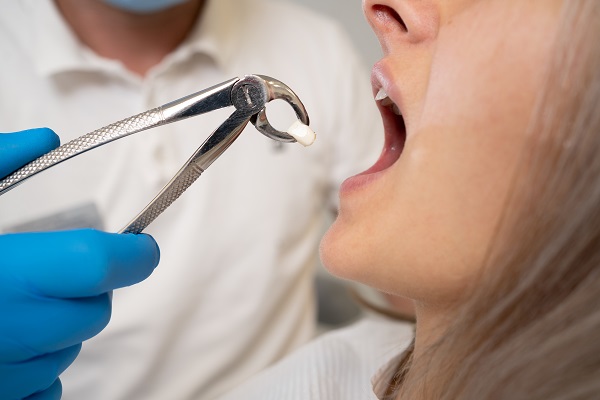Common Myths and Facts About Wisdom Tooth Extraction
Wisdom is a common procedure. Although the idea of having a permanent tooth removed is unpleasant at any age, it is sometimes unavoidable. When it comes to the last set of molars, called the wisdom teeth, there are many common myths about them. These misconceptions can prevent people from getting the dental care they require.
Common myths and facts
The following are common myths about wisdom tooth extraction.
Myth 1: Only teenagers need to undergo wisdom teeth extraction
Fact: Most people do not get their wisdom teeth until their 20s, well into adulthood. Now, this does not mean that some people will not need to undergo the removal procedure earlier. Many teenagers need to have their wisdom teeth extracted, particularly if they are getting braces or have overcrowded teeth.
However, adults tend to overlook wisdom tooth pain or attribute it to another cause because they think that it is only a problem for teenagers. Ignoring wisdom tooth is not advisable and could lead to other issues such as migraines, cavities and tissue degradation.
Myth 2: Wisdom tooth pain is normal and can be overlooked
Fact: It can hard to identify the pain caused by a wisdom tooth, especially before it erupts through the gums. It is usually experienced as a dull pain or pressure in the jaw area, sometimes accompanied by headaches. The pain and discomfort are normal, but that does not mean that it is ignorable.
Wisdom teeth can get impacted. This is not only painful but can also shift other teeth out of alignment. Without dental intervention, it can cause tooth loss or a need for braces. It can also result in damages to the jawbone and nearby teeth, especially if the tooth erupts at an angle. Therefore, those experiencing pain should not hesitate to see the dentist; the pain will only worsen and not disappear on its own.
Myth 3: Everyone will need to undergo wisdom teeth extraction
Fact: One common myth is that everyone will need to have their wisdom teeth removed. Many people will experience this but it is not general. To begin with, not everyone will get wisdom teeth. Some may have them trapped below the gum line, and they may never grow in or cause issues. Still others may only grow in partially. Also, one can get all four teeth and only end up needing one or two extracted. If there is no issue with the teeth, an extraction may not be needed.
Myth 4: The extraction procedure is excruciating
Fact: Many people experience fear when it comes to dental appointments, especially if a serious procedure is involved. Therefore, many people postpone wisdom tooth extraction as long as they can. The truth is that they are only preventing the inevitable.
The procedure does not have to be scary. The dentist will provide options to ensure comfort, including local or general anesthesia. After the treatment, they will probably recommend pain relievers for use during recovery.
Final note
If you are experiencing pain around your teeth and gum, do not wait. You could need a wisdom tooth extraction. Contact the dental office to book an appointment.
Request an appointment here: https://waynedentalcare.com or call Wayne Dental Care at (610) 293-1227 for an appointment in our Wayne office.
Check out what others are saying about our dental services on Yelp: .
Related Posts
A wisdom tooth extraction is often necessary in order to create room in the mouth as well as to help avoid or relieve pain. While the procedure itself is common and generally goes well for most patients, it is important is to know the steps to take to fully recover afterward. Recovery varies for every…
For patients missing multiple teeth, All-on-4® dentures are an excellent restorative option. These implant-supported dentures can transform a patient's smile. Many patients prefer this type of denture, as it is more secure and natural-looking than a regular denture.Before committing to this procedure, patients need to understand the process. The dentist should explain the benefits of…
ClearCorrect is an increasingly popular teeth-straightening treatment. Many people have to cope with crooked or misaligned teeth and an uneven smile. If this describes you, you may have explored braces as a treatment option in the past. On the other hand, many people do not want to wear braces since they are conspicuous. Braces are…
Cosmetic dentistry uses treatments like teeth whitening to enhance the way that a patient's smile looks. The appearance of your smile creates an instant subconscious impact on those you interact with. Pearly white smiles are often viewed as signs of warmth, happiness, good health, vitality and youth. Being perceived that way can have a drastic…
